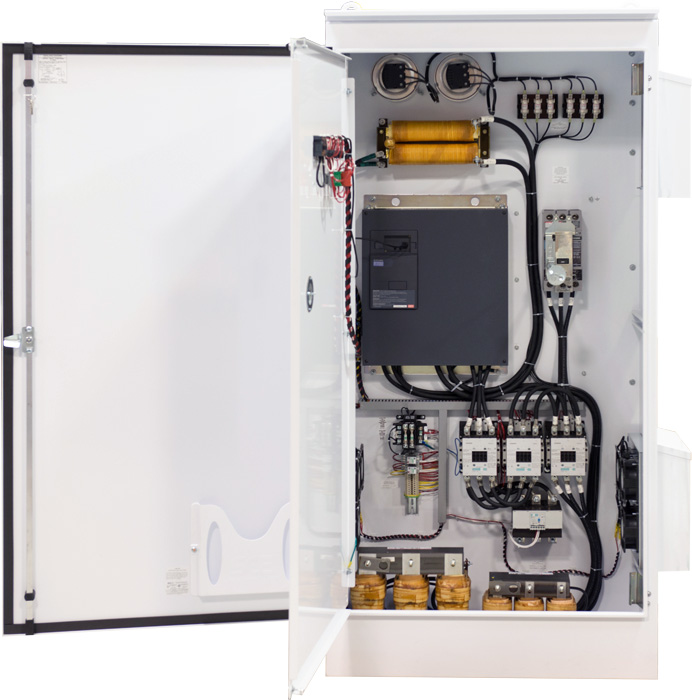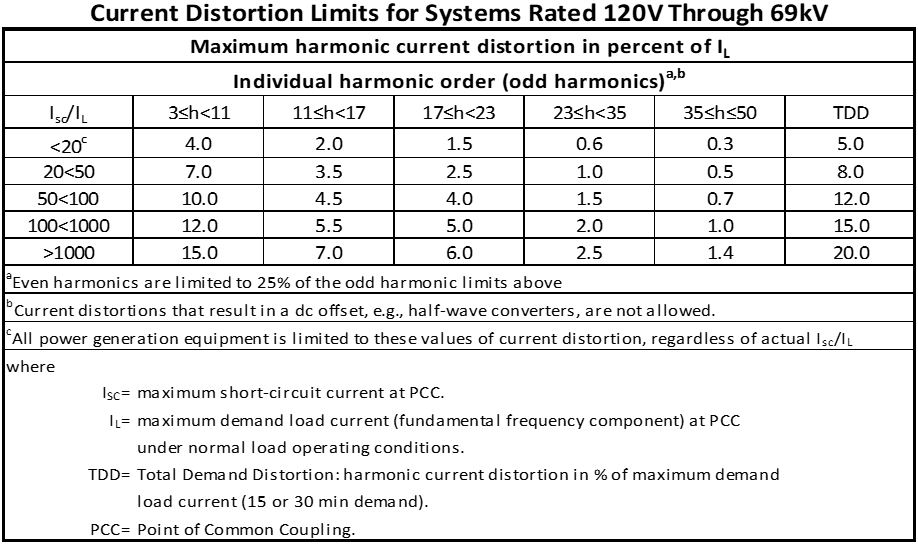VFDs and Harmonics – Why You Should Care
What Problems Can Come With VFDs?
Most people that buy and use a variable frequency drive (VFD) are aware of the benefits they offer, such as speed control over their motor application or energy savings. What most people don’t know is that VFDs cause a related issue called harmonic pollution, and many of those that are aware of the problem simply don’t care.

Through our years of experience with VFDs and harmonics, we have found that harmonics are something that you should often try to fix, or at the very least be aware of the consequences. While the overall effect of harmonics will depend on the size of the VFD and your overall system, below are the top three reasons that you should care about harmonics.
A Ghost in Your Electrical System
Harmonic pollution often leads to issues that can best be compared to a ghost in your electrical system. Harmonics can pop up when you least expect it. Harmonics can interfere with communications and control systems, cause lights to flicker, or even lead to “nuisance tripping” or blown fuses. They can lead to heating and failure in things like conductors, electrical insulation, and motor bearings. In some cases, harmonics can even lead to problems in clock synchronization and telephone interference.
If you start to experience multiple of these problems at once, it may start to feel like your electrical system is haunted. While that might be the case, most likely you just need to look in to some methods of harmonic mitigation to get your system behaving normally again.
The Good Neighbor Philosophy
The side effects of harmonics don’t just stop at the edge of your electrical system. Similar to other types of pollution, harmonic pollution will spread to others nearby in the system. Again, the effects will depend on the size of the VFDs in relation to your and your neighbors’ systems, but it can be a problem for others as well. Be a good neighbor and prevent your electrical negligence from hurting other systems.
The Utility Side of Things
If the idea of keeping your own system operating efficiently or being kind to your neighbors is not enough for you, there is a more heavy-handed party involved: the electrical utility company. The Institute of Electrical and Electronics Engineers (IEEE) has set up guidelines for what harmonic levels your facility needs to meet based on its size, called IEEE 519, which utilities will look at.

Although each utility will vary in how strictly they enforce it, there is the potential for a utility to charge fines based on your harmonic pollution. Not only that, but if your harmonics are causing issues in other systems, you may be in danger of liability claims for damage that is caused.
We Can Help!
Whether you are concerned about your own system, want to be a good neighbor, or are worried about the utility company, harmonics are something that you should evaluate and try to mitigate where possible. Contact us if you need help analyzing or addressing your harmonic problems.
